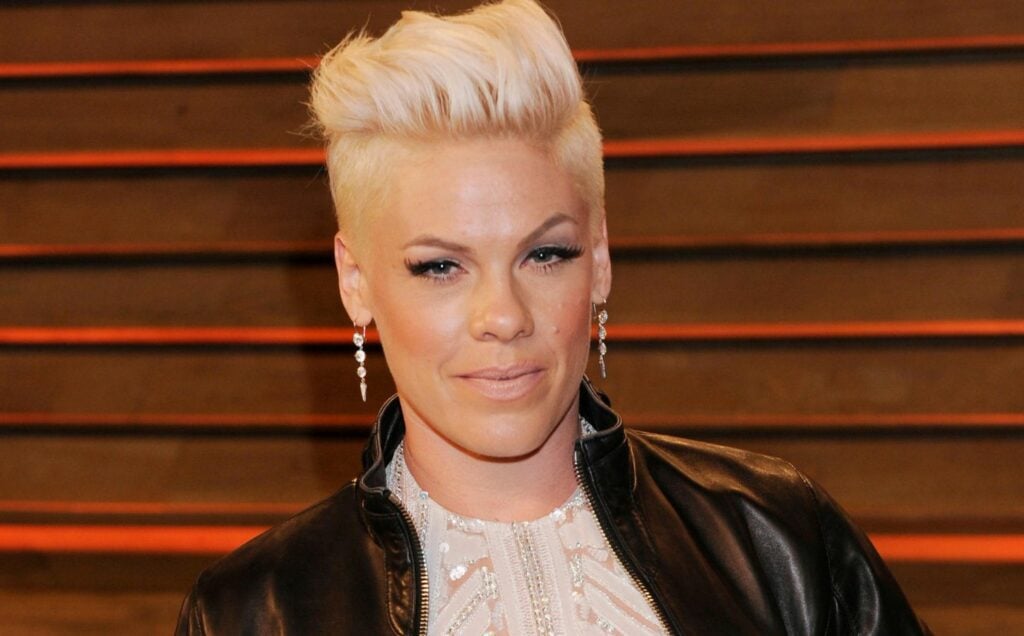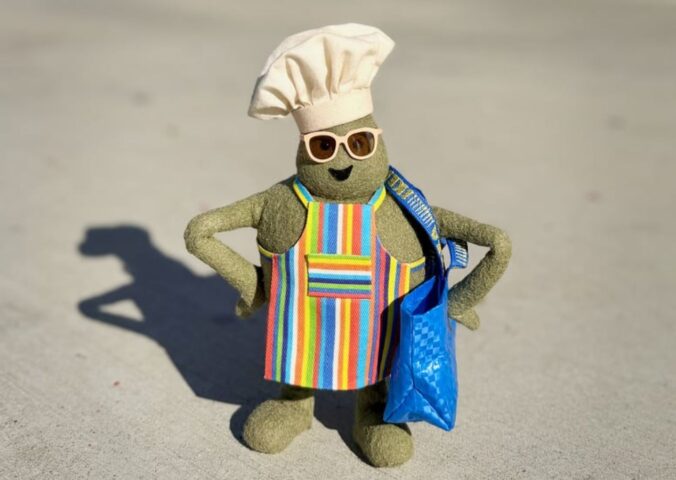Singer Pink and actor Ricky Gervais featured in an eight-hour PETA protest at New York Fashion Week last week.
The animal rights organization sent a vehicle to drive around the Spring Studios location. The vehicle was showing a film called Stolen For Fashion, which documents the cruelty of the fur industry.
The celebrities both feature as the voices of animals who have been skinned for their fur. The film shows the animals addressing people carrying fashion items made from their pelts and asking for them back.
On the back of the vehicle was the message: “Animals pay the ultimate price for ‘fashion’. Wear vegan.”
Taking fur out of fashion
PETA launched its mobile campaign specifically to protest Fendi, which still uses fur and exotic skins in its collections.
Fendi is owned by LVMH, a fashion conglomerate that is yet to address the ongoing use of fur in its brands’ portfolios. According to Vogue Business, though, the LVMH environment development deputy director Alexandre Capelli “recognizes that consumer demand for animal-free alternatives is growing.”
Fendi put on a show on the opening night of New York Fashion Week, and Stolen For Fashion was played during.
The graphic video features a computer-generated crocodile, voiced by Pink, and a rabbit, played by Gervais. Both are alive, but missing their skin or fur, with their flesh exposed and blood covering their wounds. When the human actor indignantly claims that she “paid a lot of money” for her designer handbag made from their skin, the animals reply that they have “paid a lot more.”
To support the film and drive the message that fur has no place in fashion, PETA also surrounded the venue with posters depicting empty catwalks and messages linking fur production to animal welfare concerns and environmental issues.
“Fur and skins are the bits and pieces of sensitive animals who didn’t want to die, and in 2022, there’s no excuse to dress like a Neanderthal,” PETA US’ executive vice president Tracy Reiman said in a statement.
“PETA is calling on New York Fashion Week to showcase the vegan fabrics and designs that show respect for animals and the environment.”
Suffering for style
Animals farmed for fur suffer their entire lives. It is estimated that around 100 million animals are killed every year for their fur, with 95 percent being farmed. This means that they are kept in cramped, unnatural conditions that contribute to damaging behaviors and significant stress and anxiety. Self-mutilation is common, as animals desperately try to free themselves.
Those killed for their exotic skins, such as alligators, suffer similar fates.
Animals killed for fur and exotic skins are frequently subjected to horrific deaths. These can include being mutilated to death, gassed or electrocuted, and in many cases, being skinned alive.
New York is behind the times
By continuing to allow fur on its catwalks, New York Fashion Week runs the risk of falling out of vogue, especially in light of other major fashion events pulling the plug on cruel materials.
London Fashion Week ditched fur in 2018, marking the first major event to do so. Since then, Amsterdam, Helsinki, Oslo, and most recently Copenhagen Fashion Week, have all removed fur from their itineraries as well.
Helsinki took things a step further by implementing a ban on all animal skins, making leather no longer acceptable in its shows.
It’s not just fashion week officials that are taking a stand against fur. Consumers are also backing calls for a ban on fur farming, with a new EU petition launched by Eurogroup for Animals gaining support from more than 328,000 people to date.






